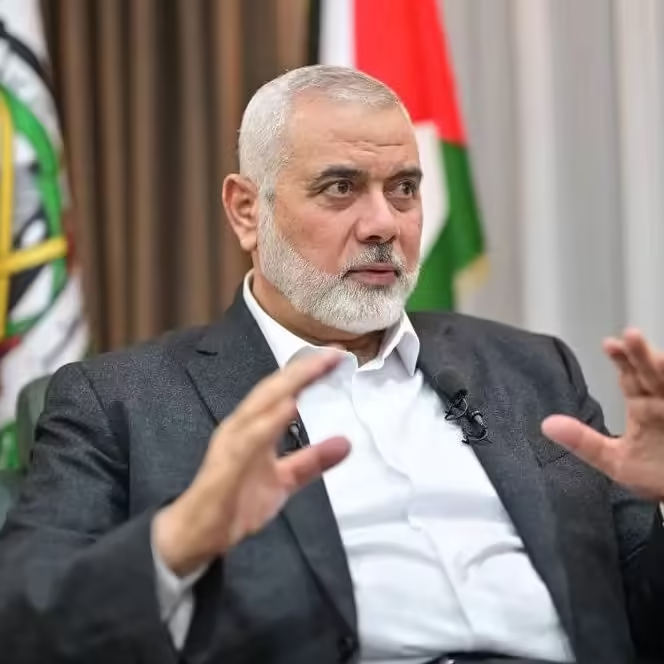The recent assassination of Ismail Haniyeh, a key leader of Hamas, has shocked many and raised important questions. While it’s clear that Israel was likely involved, as they’ve targeted Hamas leaders before, there’s another theory that’s causing a stir: Could Iran, an ally of Hamas, have secretly played a part in this killing? In this article, we’ll explore this possibility and why some people think Iran might have been involved.
Iran and Hamas: Friends with Differences
At first, the idea that Iran might have been involved in killing Haniyeh seems unlikely. After all, Iran has supported Hamas for years, giving them money, weapons, and training to help them fight against Israel. This partnership exists because both Iran and Hamas see Israel as a common enemy.
However, the relationship between Iran and Hamas isn’t always smooth. Iran is a Shia Muslim country, while Hamas is a Sunni Muslim group. These religious differences have sometimes caused tension between them. This tension, along with Iran’s other goals in the region, might explain why some people believe Iran could have had a reason to see Haniyeh out of the picture.
Why Would Iran Get Involved?
There are a few reasons why some think Iran might have secretly helped in the assassination:
- Power Struggles within Hamas: Within Hamas, different leaders compete for control. Iran’s influence in Hamas is strong, but not absolute. If Haniyeh was seen as someone who didn’t fully align with Iran’s interests, removing him could have helped Iran strengthen its position within Hamas.
- Regional Strategy: Iran’s main goal in the region is to expand its influence and challenge its enemies, especially Israel and Saudi Arabia. By allowing or even helping in Haniyeh’s assassination, Iran might be trying to bring in new Hamas leaders who would be more supportive of Iran’s regional plans.
- Distraction from Iran’s Problems: Iran is facing a lot of pressure both from the outside world and within its own borders. The assassination of Haniyeh could serve as a way to distract from Iran’s own issues, shifting the focus to Israel and its actions instead.
- Religious Differences: Although Iran supports Hamas, it may not have been as concerned about protecting Haniyeh, who was a Sunni Muslim. This religious difference could have played a role in Iran’s decision to either step back or even support the operation.
Reasons Against Iran’s Involvement
While the idea of Iran’s involvement is interesting, there are also strong arguments against it:
- Risk of Backlash: If it were revealed that Iran was involved in Haniyeh’s assassination, the reaction could be very negative, not just from Hamas but from other Sunni groups as well. This could hurt Iran’s standing and complicate its goals in the region.
- Helping Israel?: If Iran was involved in the assassination, it would indirectly be helping Israel, which goes against everything Iran stands for. This would be counterproductive for Iran.
- Public Support for Hamas: Iran has always shown public support for Hamas. If it were involved in killing one of Hamas’s leaders, this would completely contradict Iran’s public image and could lead to a loss of influence.
Conclusion: A Complicated Situation
The idea that Iran was secretly involved in the assassination of Ismail Haniyeh is complicated. There are reasons why Iran might have had a motive, but the risks make it hard to believe they would take such a step. The situation in the Middle East is very complex, and the truth behind Haniyeh’s death might remain a mystery for a long time.
Regardless of Iran’s involvement, the assassination has changed things within Hamas and in the region as a whole. The consequences of this event will likely be felt for some time, as different groups and countries adjust their strategies in response to this surprising development.


